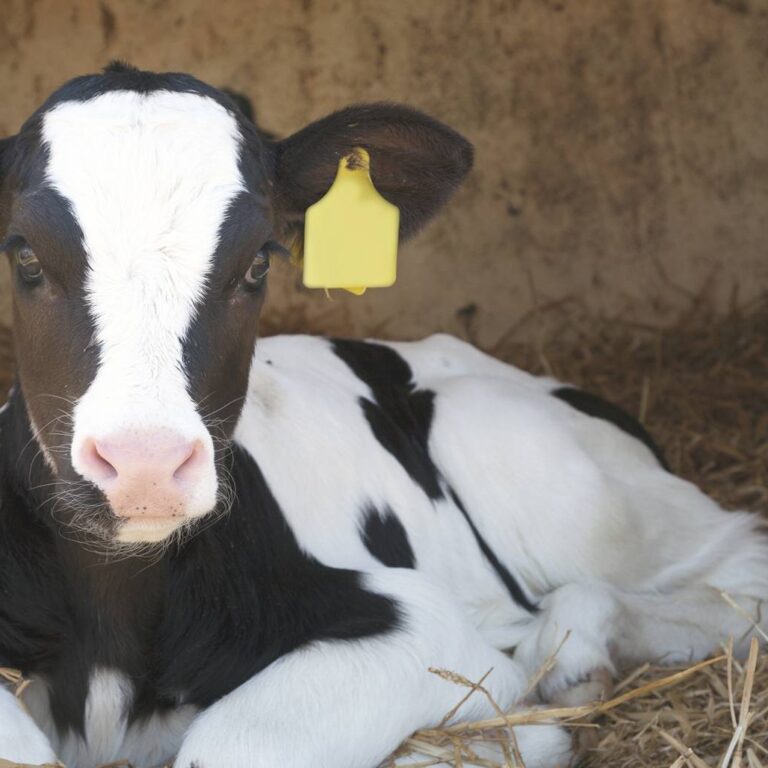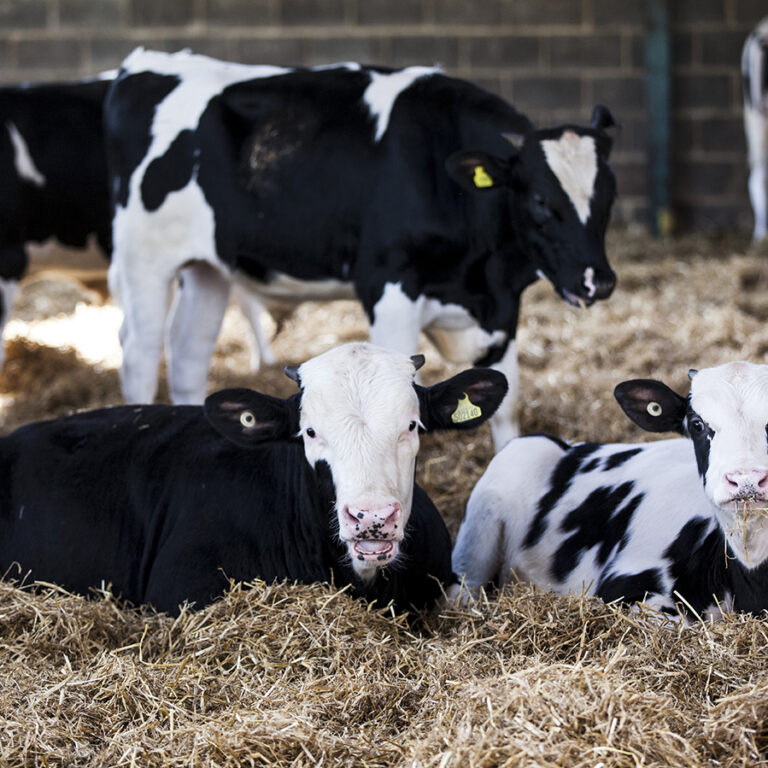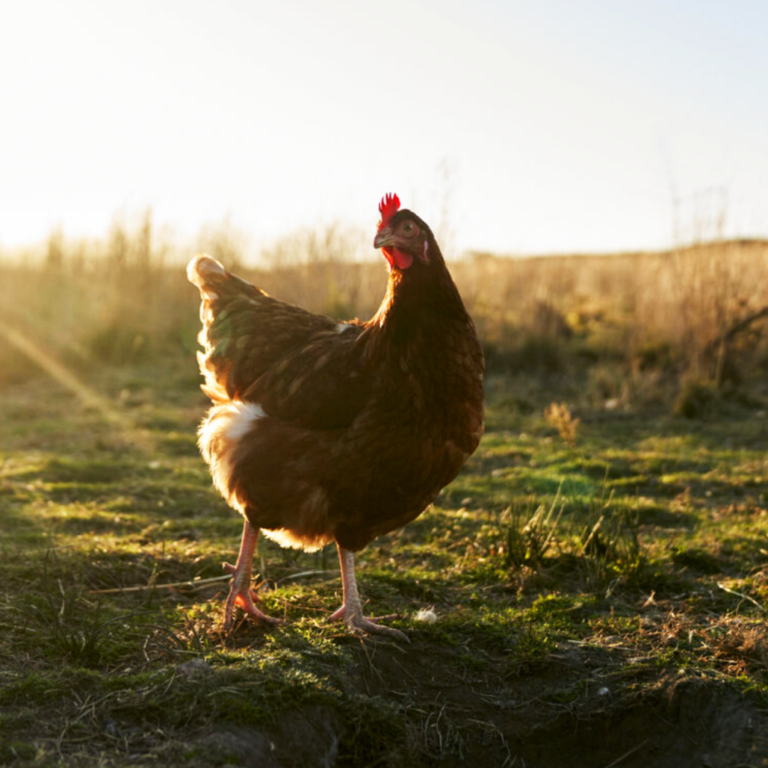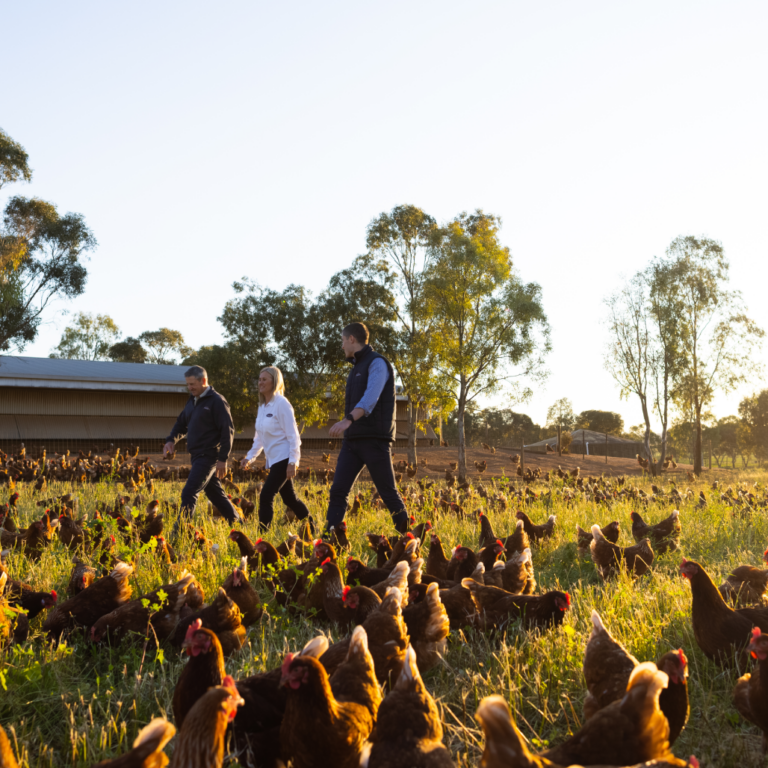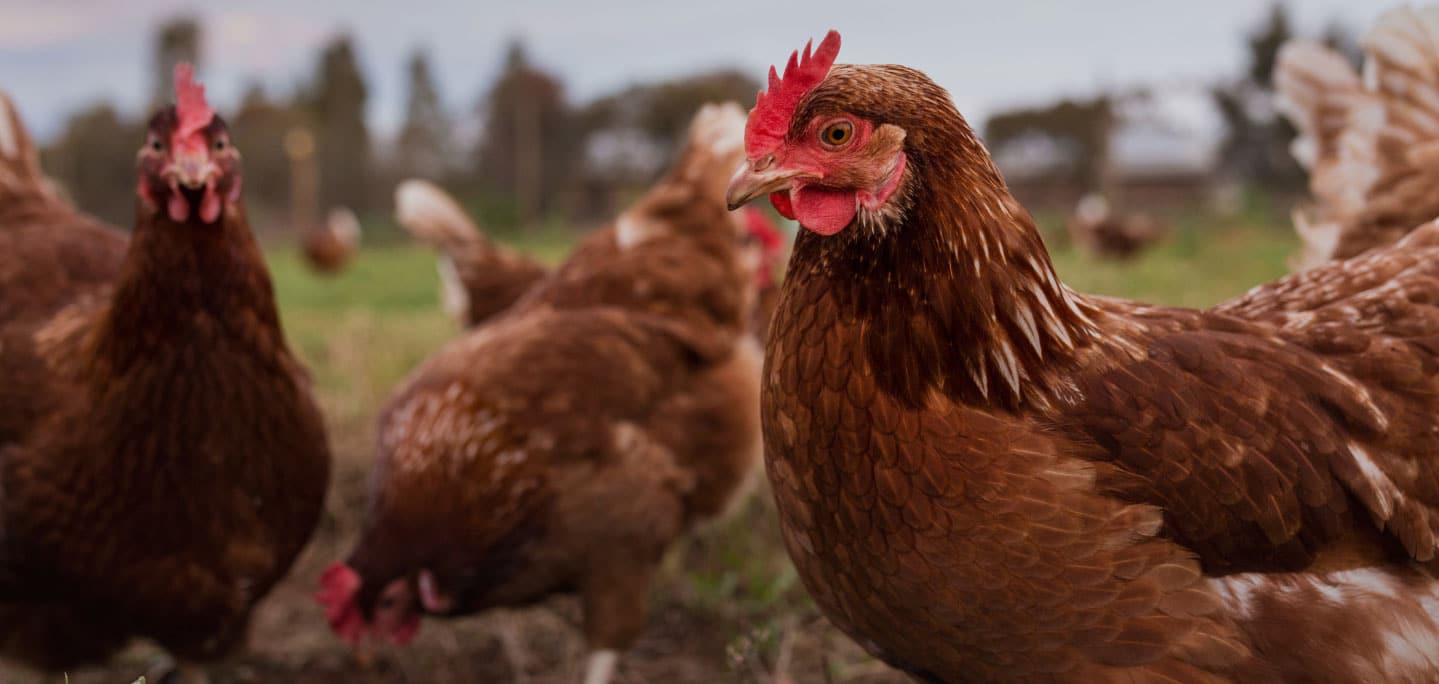Chef Tobie Puttock is a passionate advocate for farm animal welfare. Right from the early days of his career, Tobie has looked to inform himself and others about animal welfare and the important role consumers and businesses have in making the world a better place for the animals farmed for the food on our plates.
Tobie’s career has taken him from his home in Melbourne to Italy, to London and then back again. It’s also seen him work at some of the world’s most well-known restaurants, in the kitchen with household names like Jamie Oliver. He’s set up successful restaurants and helped under-privileged young people find their own career paths towards becoming qualified chefs. Over the years, Tobie has also made many TV appearances and written, not one, but four cookbooks!
The ‘ah-ha!’ moment that influenced Tobie’s interest in sustainable food production, and has driven a career focused on sharing information about how food is produced, was when he first learned that a dairy cow must have a calf every year in order to produce milk. While some calves stay on farm to replace older cows in the herd, many are considered an ‘unwanted’ by-product. Tobie knew these calves deserved better than being sent to slaughter at a few days old.
We had a chat with Tobie about his interest in farm animal welfare, the role this has played in his career as a chef and advocate for ethical sourcing, and what could be done to improve farm animal welfare, particularly for dairy calves and egg-laying hens.
How long have you been an advocate for farm animal welfare?
Since the mid-90s, a few years after I began cooking. Humane food became a focus when I was working in the UK. At that time there was a focus on welfare and the origins of our meat, dairy and other ingredients.
Your mate Jamie Oliver is also an advocate of knowing how food makes it to the plate and how the animal has been treated. Did you guys influence each other on this topic?
I think for both of us, our influence probably came from working at The River Café in London. Every dish is ingredient-driven at that place and the focus on provenance is amazing and hero’d on the menu.
Has it become easier to access food from animals farmed to higher welfare standards as a chef?
Yes, 100%. Basically, the customer generally chooses what’s on the menu through market demand so if you go to a restaurant, café, McDonald’s and don’t ask where the meat has come from or are the eggs [from hens that are] happy or where the milk came from to make the cheese, the chef/server/owner won’t think about it and won’t see a need to make a change.
Do chefs and cooks have the opportunity to influence restaurant owners?
Yes and no. Chefs can try and float new items on the menu, but the customer ultimately makes the choice through their spend. Good ingredients are often more expensive, as are chefs who want to use those ingredients.
Your ah-ha moment was finding out that many dairy calves are viewed as a by-product of milk production and sent to slaughter at a few days old. These calves can be used to make products such as hides for leather, calf rennet for cheese making, and by-products for the pharmaceutical industry but do you think there could be a market for their meat if farmers were to raise these calves to an older age? What should Australian dairy consumers do to support this?
Programs like the RSPCA Approved Farming Scheme, that offer higher welfare standards for farmers to meet and have their farms certified, mean there’s an avenue for these producers. They can rear calves to an older age for a veal or beef product, those calves have a chance to live a life worth living, and consumers can have the confidence to support higher welfare veal or beef.
What’s the most important animal welfare issue for you today?
That’s a hard one and I don’t know there is a single mega issue as to me they are all important, but I guess the real issue is getting people to understand that animal welfare is an ongoing issue, it’s happening all the time, not just while Netflix is on.
I do think though that one of the biggest animal welfare challenges of our time is the number of hens confined to battery cages. With more than 10 million egg-laying hens in barren battery cages in Australia today, this is a huge issue. But the good news is, Australians have the power to change this, simply by choosing to buy cage-free eggs whether for consuming at home, when dining out or procuring for their businesses. We just need to continue to educate people about why these choices matter and how they impact animal welfare.
Want to make sure your voice is heard on the welfare of hens?
Right now, state and territory agriculture ministers are overseeing the drafting of new standards and guidelines for poultry – and that process is finally wrapping up. We desperately need your help to support the government to take the right action and implement a phase out of barren battery cages. Find out how here
You might also be interested in Pioneering better farm animal welfare and Chef Simon Bryant on crafting a menu that cares about animal welfare

